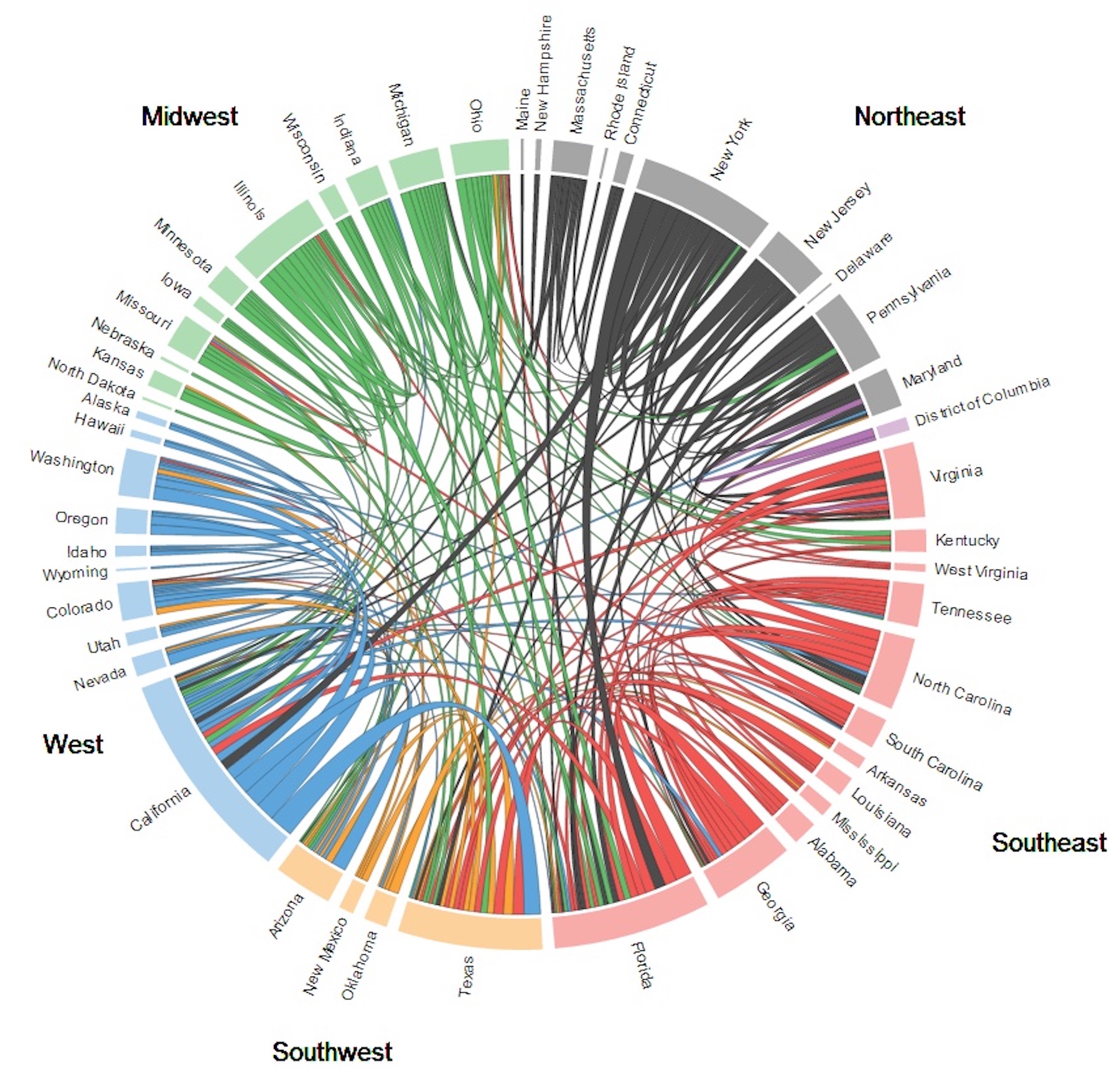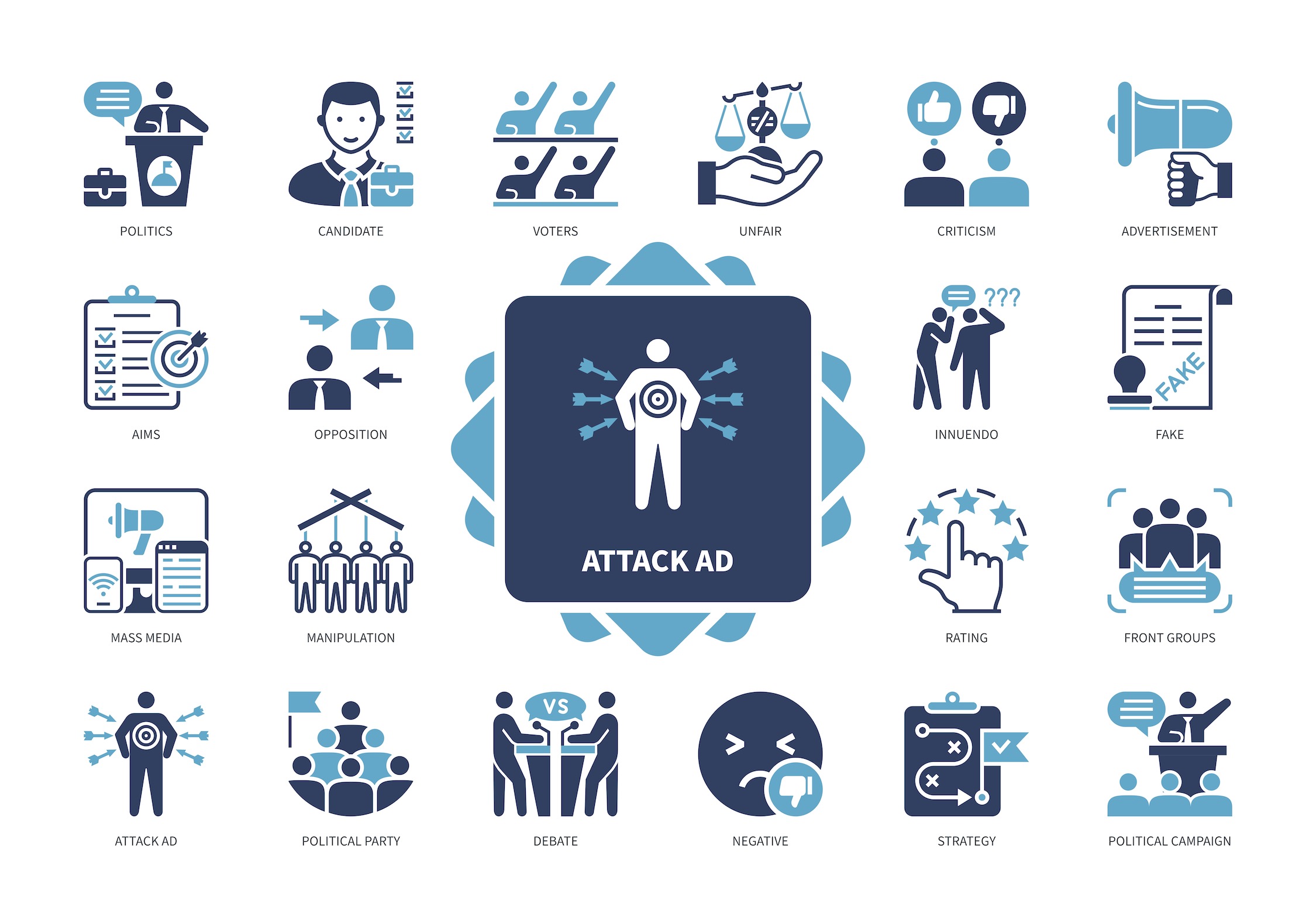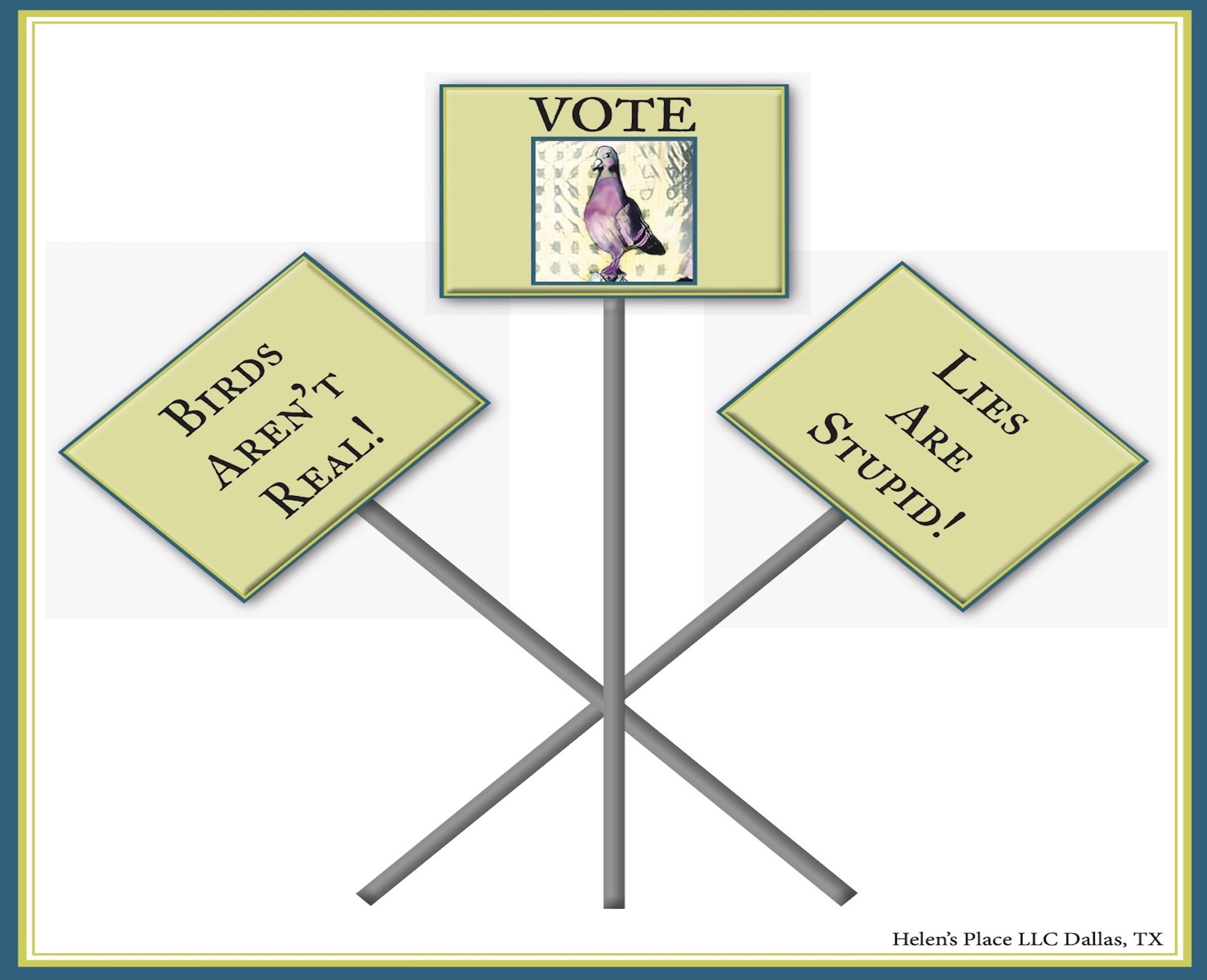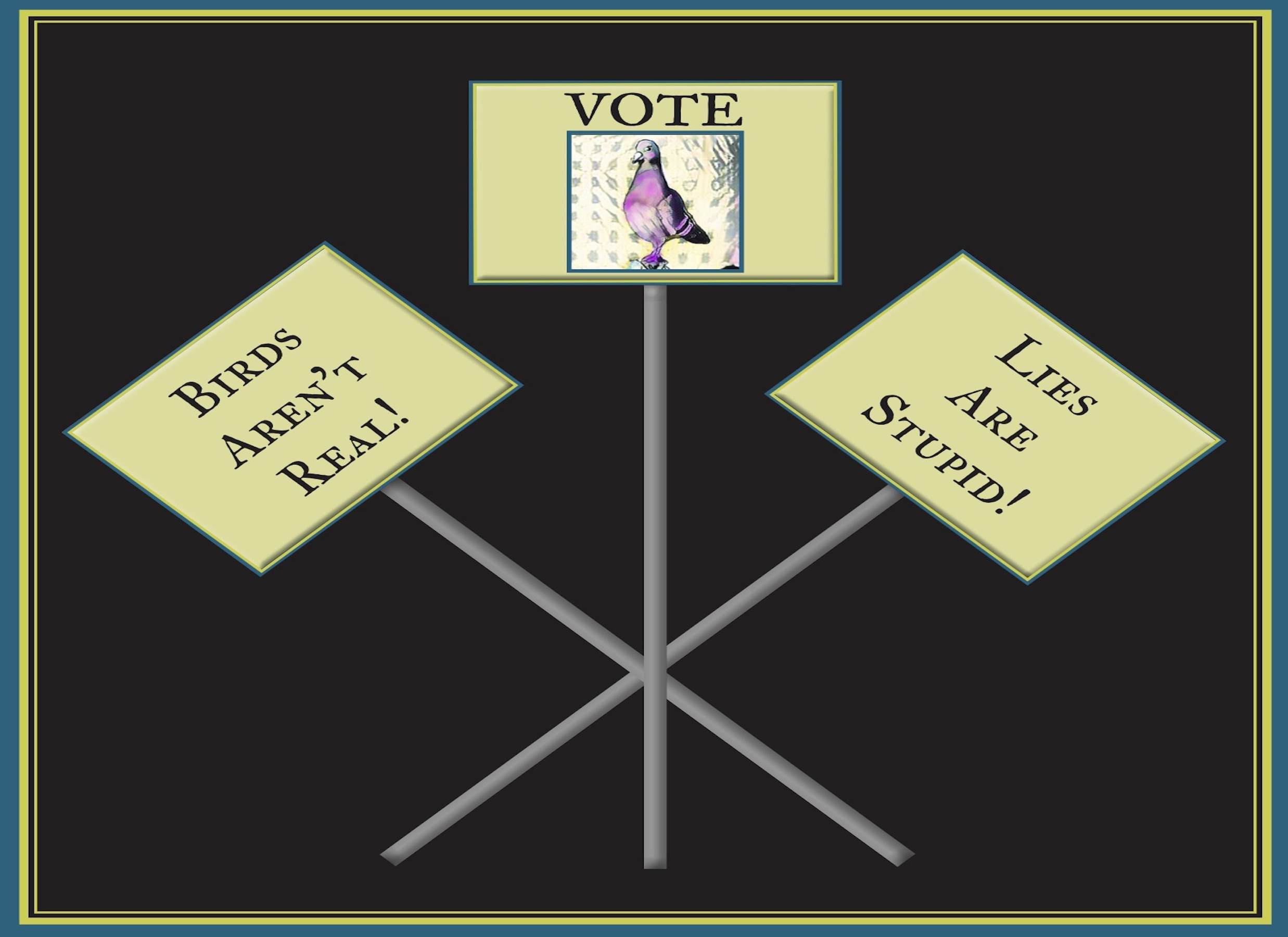- Credits:
- Photo: Shutterstock, Helen's Place LLC questions how to tell who's telling you the truth.
Helen’s Place LLC Update: July 31, 2023
Oddly, although people are wired to detect danger for survival, they frequently miss warning signs and get taken advantage of by other people. This contradictory awareness is a potentially a fatal human flaw – an Achilles’ heel so to speak.
In March 2023, artificial intelligence (AI) application ChatGPT was launched in the middle of America’s biggest culture war since the Civil War. Since then, figuring out truth from fiction just got a lot harder, and the increase in con artist activities a lot greater.
Gone are the days when one could rely on Ronald Reagan’s famous words – “trust, but verify.” Today, nothing and no one can be trusted until information is verified from a variety of reliable sources. This takes skill – especially discernment, which many Americans don’t have.
For those aware and able to do the work of being informed citizens, the simple fraud test below provides a way to discern truth from deception quickly, and may help protect you from fraud.
FRAUD SPOTTING TEST
Watch for 14 hypocritical behavior patterns including:
Curtailing freedom of speech. This includes banning TikTok or other forms of social media designed to stop people or certain groups, like young people, from communicating. Look for convincing arguments that pontificate about freedom of speech while claiming that banning speech is necessary for safety and security.
Spending or hoarding money. This includes politicians who say they really care about veterans while voting to cut funding for them. How a person spends money says a lot about what they care about.
Commandeering words and using them in the opposite of their original meaning. An example of this is the use of the word “woke” as a derogatory term, which is the opposite of its original meaning.
Using personal insults to disparage people or groups. Name calling gives a hypocrite a sense that they are part of an exclusive group of good people, while the people they ridicule are bad or inferior.
Lying while claiming to tell the truth. This allows the perpetuator of fraud schemes to make money, while at the same time pointing out the wrongdoing of others; frequently there’s a pitch of “please send me money to fight this corruption.”
Living by the “do as I say, not as I do” principal. Speaking in a self-righteously manner, while exemplifying inappropriate behavior; this type of fraudster, for example, likes claiming to be an upstanding citizen while showing pornographic pictures at a public hearing.
Deflecting blame. This classic hypocritical move involves pointing the spotlight off themselves and onto someone else with – “not me,” “it’s them,” “I didnt do it” rhetoric.
Pretending to be for something while actually being against it. An example of this is the organization, “Mom’s for Liberty,” which named itself, with the word “liberty,” to sound patriotic and for free thought and speech – when the opposite is true. This hypocritical organization is working hard on censorship and book banning, while touting love for the First Amendment.
Controlling the narrative. This allows fraudsters to continue illegal or unethical business practices to gain followers by repeating lies and misinformation they claim to be true. They believe that if you repeat the same thing long enough – like you’re the good one and someone else is evil, people will believe you.
Switching positions. Being for something, then against it. A flip-flopping politician may be the easiest hypocrite to spot – pretending to care for constituents while working their own self-centered and opposite agendas. Examples abound – like politicians who voted against the bipartisan 2021 infrastructure bill, and then claimed credit for bringing infrastructure projects to their states.
Excusing why someone lied. Hypocrites spend a lot of their time trying to convince people that there’re facts and then there’re alternative facts; therefore, it’s okay to believe that a liar is telling the truth – whether what that person is saying is true or not.
Normalizing the spread of false and sometimes dangerous information – Hypocrites frequently use the phrase – “everyone does it,” when in fact they don’t.
Making false equivalencies. Fraudsters will frequently draw parallels between people who are unequal in misdoings, but use the phrase, “that conduct proves he’s just as bad as…”
Protecting freedom of speech for favored groups but not others. Hypocrites frequently profess to be for freedom of speech, but actually try to limit it for any person or group they don’t like or agree with.
FRAUD VICTIMS
A victim of a fraud scam is anyone who’s been conned out of their money, or been fooled in some way. Sometimes in extreme cases, following a fraudster can cost a person their life.
Older people are especially prone to scams. Additionally, fraud affects everyone regardless of age; the hope is that some of it can be avoided by knowing what to look for to spot red flags.
Related audio/video recording:
In a 60 Minutes interview in May 23, 60 Minutes covered a rise in “grandparent scams” hitting the country.
60 Minutes, May23, 2023, “What it sounds like to be targeted by a grandparents scam”
Other related article you may be interested in:
Think Systems Inc., August 30, 2021 “Immortal Words – Trust, But Verify” – No Longer Apply
ProPublica, July 10, 2023, Craig Silverman, “Right-Wing Websites Connected to Former Trump Lawyer Are Scamming Loyal Followers With Phony Celebrity Pitches”
Helen’s Place LLC, February 28, 2023, “In the Age of Name Calling – What does W.O.K.E. Mean Anyway?”
Helen’s Place LLC is an information and educational materials company celebrating English Language Arts, Cognitive Science and the love of birds. It’s the maker of printed instructional, educational, and teaching materials for children and adults in the field of English Language Arts and Cognitive Science.
Your comments are greatly appreciated. Send them to Helen’s Place LLC via email to info@helensplacenet.com. We’re always interested in learning more about you and the issues that are important to you.













































































